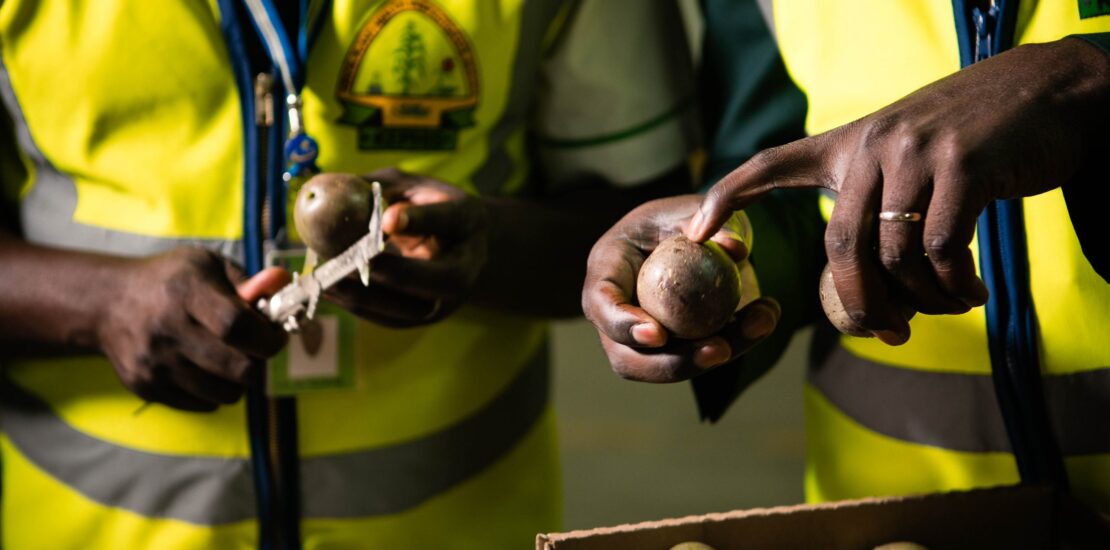New EU Organic Regulation postponed by one year
- 07/09/2020
- Posted by: Gaetan Dermien
- Category: Africa, Caribbean, News, Pacific

In a press release issued on 4th September, The European Commission (EC) has announced a proposal to postpone the entry into force of the new organic regulation (EU) 2018/848 from January 2021 to January 2022. The proposal still needs to be ratified by the European Parliament, but seems certain to go ahead.
COLEACP welcomes this important move, which was originally requested by Member States, the European Parliament, third countries, and other stakeholders, including the Organisation of Africa, Caribbean Pacific States (OACPS) and COLEACP itself.
This decision by the EC will provide more time for consultation on the secondary legislation that has to be adopted before the new organic regulation is applied. This secondary legislation is complex, covering many subject areas, and in considerable detail. It involves an extensive consultation process with stakeholders, the European Parliament and Member States.
According to the EC, as many implementing and delegated acts would have been adopted at the end of 2020, it was going to be very challenging for stakeholders to start applying the new rules within a few weeks or days of publication, particularly in the context of the coronavirus crisis.
The work plan to adopt the secondary legislation was already very demanding, but the coronavirus crisis has made the timeframe unfeasible. Many of the key players have been forced to divert attention to other pressing matters, and this has slowed down the consultation process. It is in recognition of this that the European Parliament has asked for more time to ensure that all stakeholders have the opportunity to take part in the proper scrutiny of the various implementing and delegated acts.
This postponement is important for ACP countries. It will provide more time to adapt to the new rules, helping to maintain the flow of organic exports to the EU. In the meantime, COLEACP will continue to actively engage with partners in the consultation process, ensuring that the implications and impacts of the new rules for ACP countries are fully taken into consideration.



![EU and GB approval changes (August-November 2024) 9-FFM+-[ENG]](https://news.colead.link/wp-content/uploads/2024/06/9-FFM-ENG-150x150.jpg)
